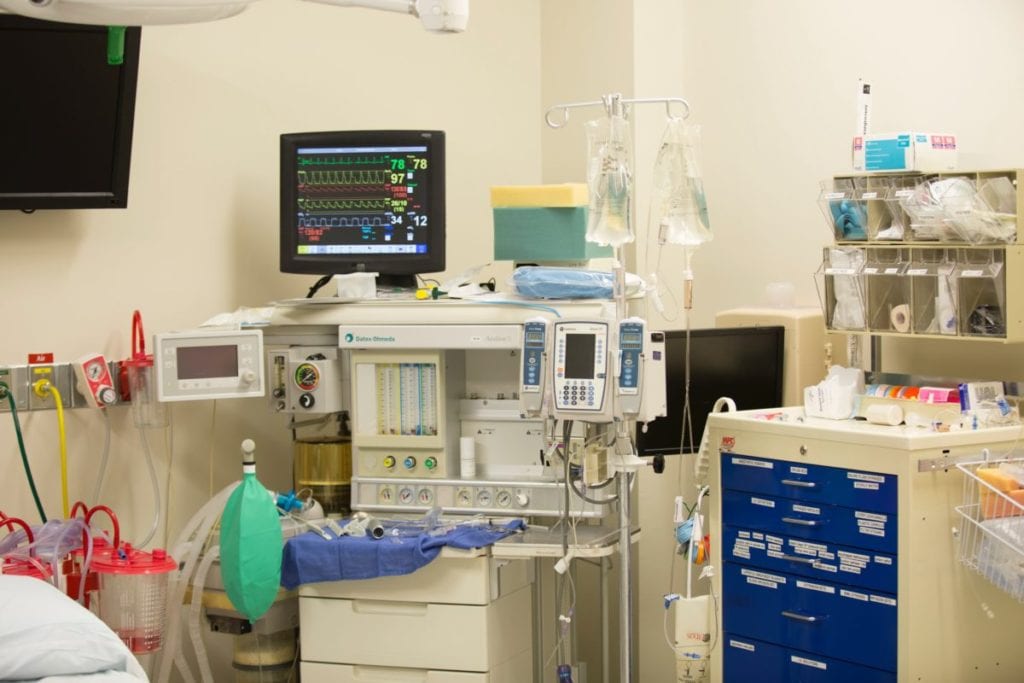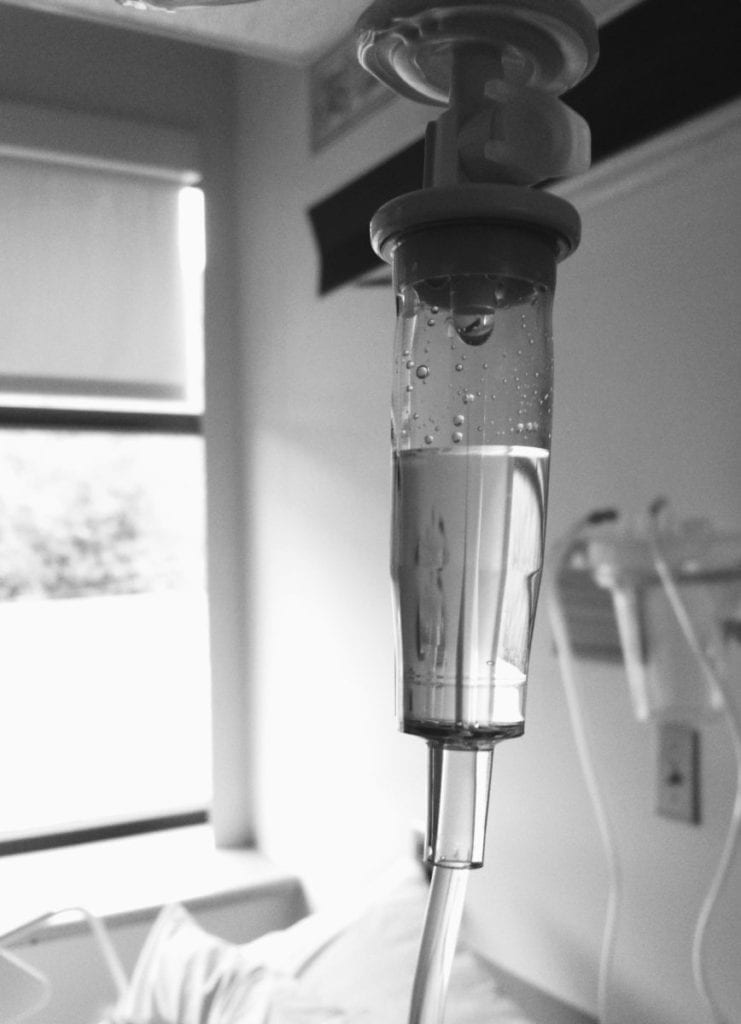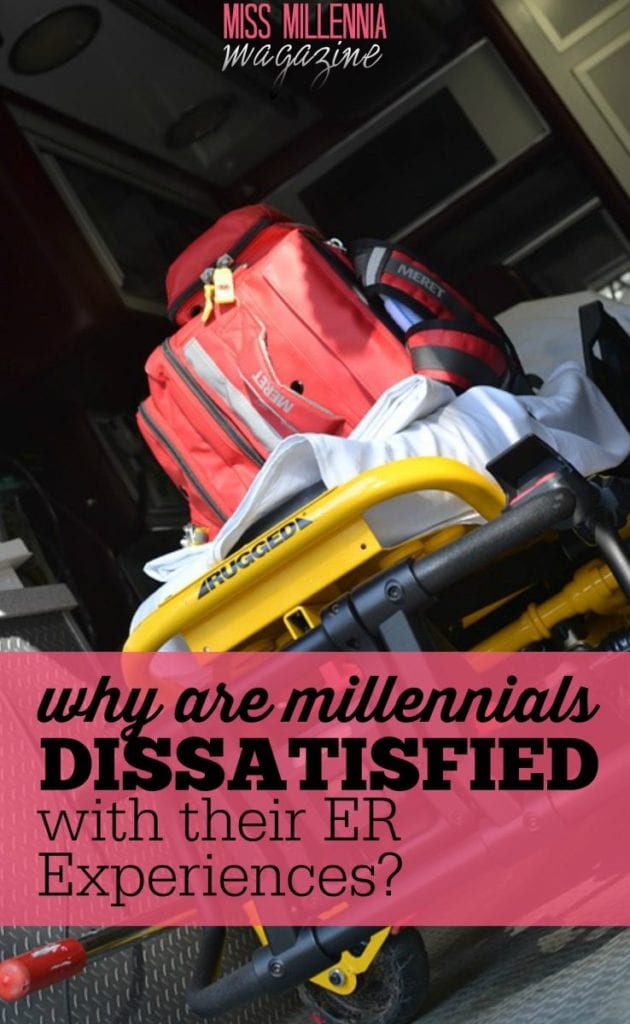Why Millennials are Frustrated with their ER Experiences
When was the last time you went to the ER? Were you alone or with a parent?
One of the scariest parts of “adulting” is dealing with the real world alone. This includes figuring out health care. Many millennials are unsure of what to do when it comes to choosing the right health plan to facing the ER alone. Data from the health care company, Intermedix, show why millennials are feeling so dissatisfied with their ER experiences.
Intermedix is a healthcare company that provides technology and services to hospitals and physicians. They measured a number of different factors when it comes to patient satisfaction with their ER experience. What they found was that age may be a larger factor in patient satisfaction than previously thought.
Research conducted by Intermedix over a 24 month period on more than 434,000 patient satisfaction surveys gathered from ER visits around the country has revealed a staggering correlation between a patient’s age and their overall patient satisfaction score.
Regardless of sample size and location, the results are consistent and reveal several trends. Pediatric patients (or rather their parents) tended to be more satisfied with their experience. Young adults ages 18-26 consistently scored the lowest, followed by a positive linear progression in correlation with a patient’s age.
Why is this the case?
The head of analytics at Intermedix, Justin Schaper, has two working theories as to why millennials dislike their ER experiences.
The first theory, which tends to align with what most people think about millennials, is that we are the need-it-now, fast-food generation so used to instant gratification that the care structure in hospital emergency departments doesn’t meet our perceived needs. However, Schaper sees this as too simplistic of an answer that is built on the negative perceptions of the generation.
The second, and Schaper’s preferred theory, is that there is an inherent friction that exists between millennials who may be experiencing anxiety in an unfamiliar emergency room setting and the busy providers who have little patience for the relatively healthy millennial patients.
When patients in this younger demographic use ER services, odds are higher that it is their first time there without a parent; which can be scary. When millennials admit themselves to the ER, it’s often because of a health situation that they typically don’t know very much about.
On the other hand, providers in the emergency department don’t typically have a lot of patience for patients that are relatively healthy. And 18-30 year olds are comparatively healthy. There’s an inherent tension between a young patient alone for the first time in a scary new environment and providers moving around that don’t have time to mess with them.
Another important factor to note is that because millennials are typically healthier, they are then waiting longer to get into a room to see a doctor. According to Schaper, millennials on average have to wait around 38 minutes to get to a room, whereas on average a 60 year old has to wait 32 minutes. While this is only a mere 6 minute difference, this extra wait time could be a factor as to why patient satisfaction scores from millennials are lower compared to other demographics.
According to data from Medscape, compared to other specialists, emergency medicine physicians reported the highest percentage of biases toward patients at 14 percent. Biases are triggered by various patient characteristics and can be correlated with these physicians that reported feelings of being burned out.
Physicians may report to having less patience with younger demographics, yet this study displays that these patients are overall receiving a more positive treatment experience, demonstrating that there are other factors contributing to the decline of patient satisfaction.
So what do hospitals have to do to engage with millennials?
As stated previously, it appears that millennial patients are receiving a positive treatment from emergency medicine physicians, but it is the discomfort in a new environment that is inhibiting their overall experiences. Physicians are busy and have little time to waste especially in the fast-paced environment of the ER. Yet, this problem creates the task of engaging with millennials.
So how do you ease your transition & avoid discomfort?
Remember the first time you rode a bike? It felt impossible to master such a seemingly simple task, but training wheels and your parents support encouraged you along the way right? This is the same with every new thing you do. Your parents were there to help you in the earlier stages of life to ease your transition into adulthood, and now is your time to take on these tasks alone.
The first time in the emergency room is intimidating with machines beeping loudly and busy providers running around; it is a completely new and scary environment for any millennial. The best way to ease the transition and feel a little more comfortable is to relax. You are there for a reason and the emergency medicine physicians want to help you back to health, so be cooperative, and be honest with symptoms and previous medical history. This will make your visit smoother and the physicians’ lives easier.
Remember that there are probably going to be many others in the ER seeking medical help as well. So physicians may not be able to see you immediately and treat you as quickly as your family pediatrician may have done in the past. So be patient, and bring a magazine or a book. This will help distract you from this new environment and time will pass much quicker with a little distraction.
Next time you need to go to the ER and feel overwhelmed in a new environment know that you are not alone, research has proven that, and the uneasiness will fade after the first visit.









